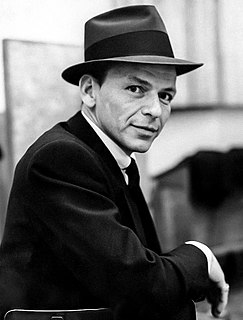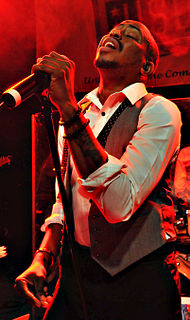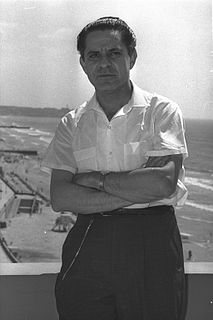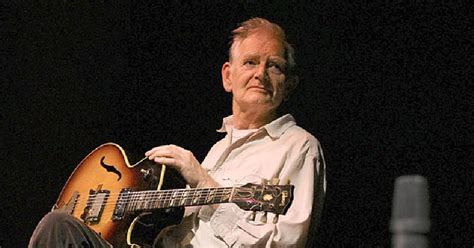A Quote by Frank Sinatra
At heart, I guess I'm a saloon singer because there's a greater intimacy between performer and audience in a nightclub. Then again, I love the excitement of appearing before a big concert audience. Let's just say that the place isn't important, as long as everybody has a good time.
Related Quotes
To achieve the intimacy between performer and audience in storytelling, I feel like I have to let the audience in on my emotional state, not just, "Here's a story I'm going to tell by rote, and you're just going to listen to it, because I'm such a wonderfully entertaining fellow." It's the idea of sharing enough of myself that it's not just all about, "Look at me, look at me." There's an element to it of, "You understand what I'm talking about, right? You've been in this place that I've been in," which makes it a richer experience.
I like to service the full audience of America, so I try to do things that are just real artistic, like when they don't have the most money, but it's a great piece of work. Then, there are big, fun comedies and big animated movies for kids. I want to do things for my nieces and nephews. Ultimately, we're trying to deliver something entertaining to an audience. As long as it can entertain the audience, and it makes me or my niece and nephew laugh or cry, then I think it's good.
Performers should realize they not only have to prepare themselves for concert purposes as far as memorizing their programs goes, but for the business of just walking out before the people …. It is important to play before an imaginary audience too. Before I play in public I very often play a program three or four times as though I were seated before a actual audience.
Undeniably, the audience for improvisation, good or bad, active or passive, sympathetic or hostile, has a power that no other audience has. It can affect the creation of that which is being witnessed. And perhaps because of that possibility the audience for improvisation has a degree of intimacy with the music that is not achieved in any other situation.



































